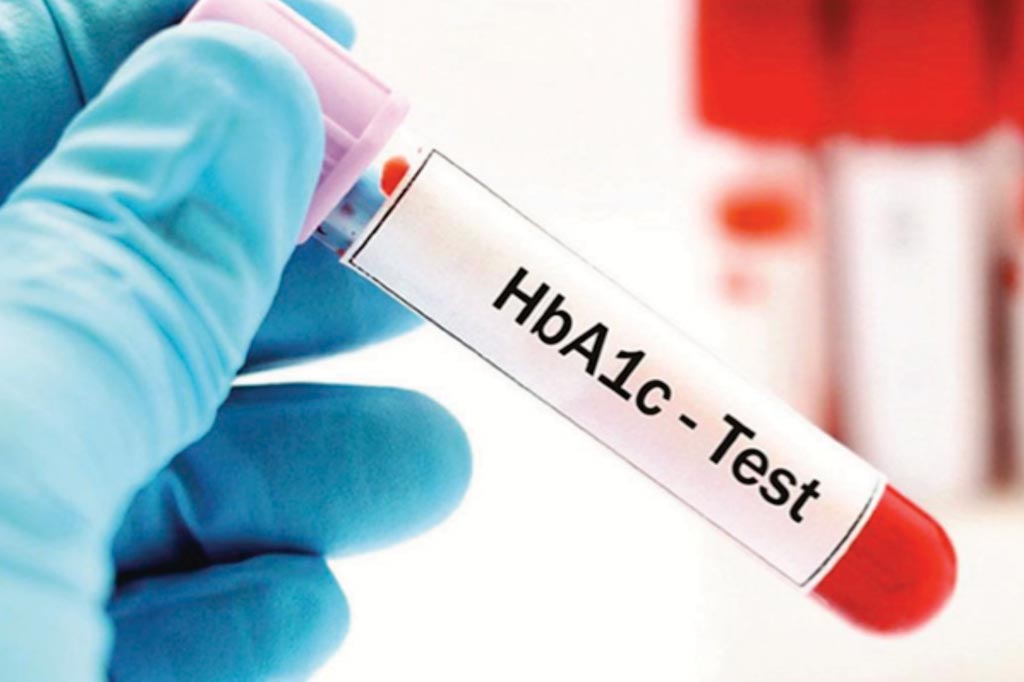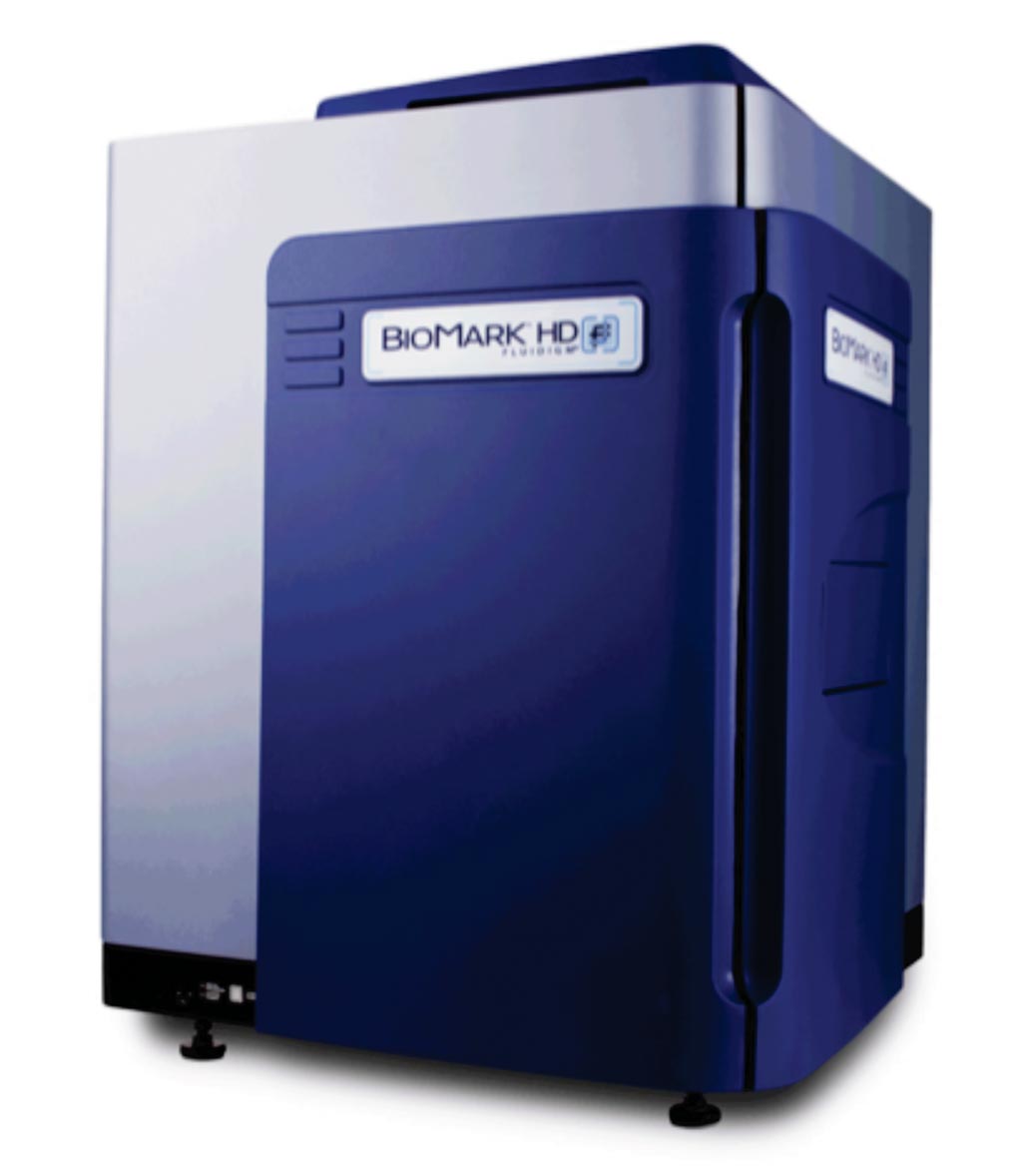Clinical Chemistry

Antibody Tests Recommended for Parasitic Infection Diagnosis
Pleural parasitic infestation (PPI) is a disease prevalent in certain parts of the world and it is frequently misdiagnosed due to its lack of standardized diagnostic criteria. The clinical manifestations are non-specific and many patients are initially treated for tuberculosis or misdiagnosed as lung cancer. More...16 Jul 2019

Dengue Infection Complicated by Hyperinflammatory Condition
The global incidence of dengue infection has grown dramatically and been estimated to 390 million infections yearly. This mosquito-borne virus infection occasionally develops into a potentially lethal state called severe dengue (SD). More...11 Jul 2019
Confirmation Testing for Primary Hyperaldosteronism Remains Essential
Primary aldosteronism, also known as primary hyperaldosteronism (PHA) or Conn's syndrome, refers to the excess production of the hormone aldosterone from the adrenal glands, resulting in low renin levels. This abnormality is caused by hyperplasia or tumors. More...10 Jul 2019

Micronutrient Deficiencies Common in Celiac Disease
Celiac disease is an immune reaction to consuming gluten, a protein found in wheat, barley and rye. Eating gluten triggers an immune response in the small intestine that over time damages the intestine's lining and prevents it from absorbing some nutrients, leading to diarrhea, fatigue, anemia, weight loss and other complications. More...09 Jul 2019

Maternal HbA1c Influences Autism Risk in Offspring
Epidemiologic data suggest that maternal diabetes influences the risk for autism in offspring, whereas the prevalence of autism has steadily risen in the USA, currently affecting 1 in 59 children, and boys are four to five times more likely to receive an autism diagnosis. More...04 Jul 2019

In Other News
Ion-Selective Electrode Methods Compared for Electrolytes
POC Urinalysis System Evaluated for Schistosomiasis
Vitamin D Status Determined in Older Adults
Cardiovascular Risk Biomarkers Found for JSLE Patients
Novel Blood Test for Myocardial Infarction Tested
Trace Metal Concentrations Influence Glucose Regulation in Pregnancy
Genetic Familial Hypercholesterolemia Prevalent in Premature CVD
Plasma Copeptin Reveals Presence and Severity of Liver Disease
Study Confirms Association of AD and High Levels of LDL Cholesterol
3D-Printed Device Detects Biomarkers of Preterm Birth
Blood Donations Screened for Familial Hypercholesterolemia
Reagent Strips Test Analyzed for CSF in Neurological Disorders
Cysteine-Rich 61 Biomarker Reflects RA Disease Activity
Lipid Levels from Non-Fasting Patients Deemed Suitable for Assessing CVD Risk
Bioimpedance Spectroscopy Preferred for Post-Breast Surgery Lymphedema Risk
Novel Stress Biomarker Measurement Method Uses UV Range
Neutrophil-Lymphocyte Ratio Proves Possible Biomarker for ED
Glycated Hemoglobin Levels Associated with Fibromyalgia
Enzyme May Indicate Predisposition to Cardiovascular Disease
Low Blood Glucose Level in Diabetics Tied to Hospital Readmission
Diagnostic Process Detects Alzheimer’s Years before Symptoms Appear
Lower HbA1c Levels Seen in Diabetic Liver Disease Patients
Biomarkers Predict Total Joint Replacements in Osteoarthritis Patients
The Clinical Chemistry channel updates the reader on tests, techniques, and research in the field - from routine assays to specialized tests on blood, urine, enzymes, lipids, hormones and more.










